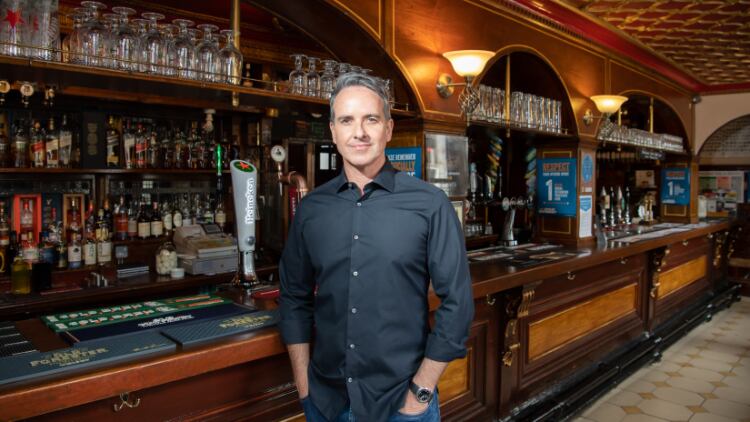The trade body is responding to the recent report from AlixPartners and CGA Powered by Neilson which also showed independent businesses across the sector had been worst affected by cost inflation and the hangover of Covid.
NTIA chief executive Michael Kill said: “We have consistently hammered home our concerns to the Government that independent businesses across the night-time economy and hospitality sectors are at the greatest risk under the current crisis.”
He said it showed a clear contraction in the independent operating sector of minus 13.3%, 10% greater than managed businesses seeing a drop of 3.6% towards the end of 2022.
The report, called the Hospitality Market Monitor, revealed more than 13,000 businesses had been lost over the course of the last three years with 4800 lost in 2022. More than three quarters of these closures occurred in the second half of the year.
Mass closure
The report represented a 1.6% contraction of the market in just three months. Across the whole of 2022, hospitality recorded a drop of 4,809 premises, or 4.5% of the total at the end of 2021, with more than three quarters of the closures occurring in the second half of the year.
It stated hospitality had suffered a higher tally of closures in 2022 than 2021, when Covid restrictions severely curtailed trading. The sector now has 13,037 fewer sites than at the start of the pandemic in March 2020 – a contraction of more than 10% in under three years.
Many of 2022’s closures were the result of spiralling costs in energy, food and other key areas, which have hit profit margins and made real-terms growth difficult. Fragile consumer confidence, rail strikes and labour shortages are all adding to the headwinds facing hospitality operators in 2023.
Challenging time of trade
The Hospitality Market Monitor also highlighted the disproportionate impact of the inflation crisis on independents in hospitality. Almost nine in 10 fourth-quarter closures occurred in the independent sector, as small businesses that were weakened by Covid were forced to close their doors while managed groups proved more resilient.
“Nightclubs being one of the greatest impacted by cost inflation, with a 6% drop in the 4th quarter of this year,” Kill continued, “and now a third smaller than it was before the pandemic reflecting disproportionate support and a challenging trading environment.”




